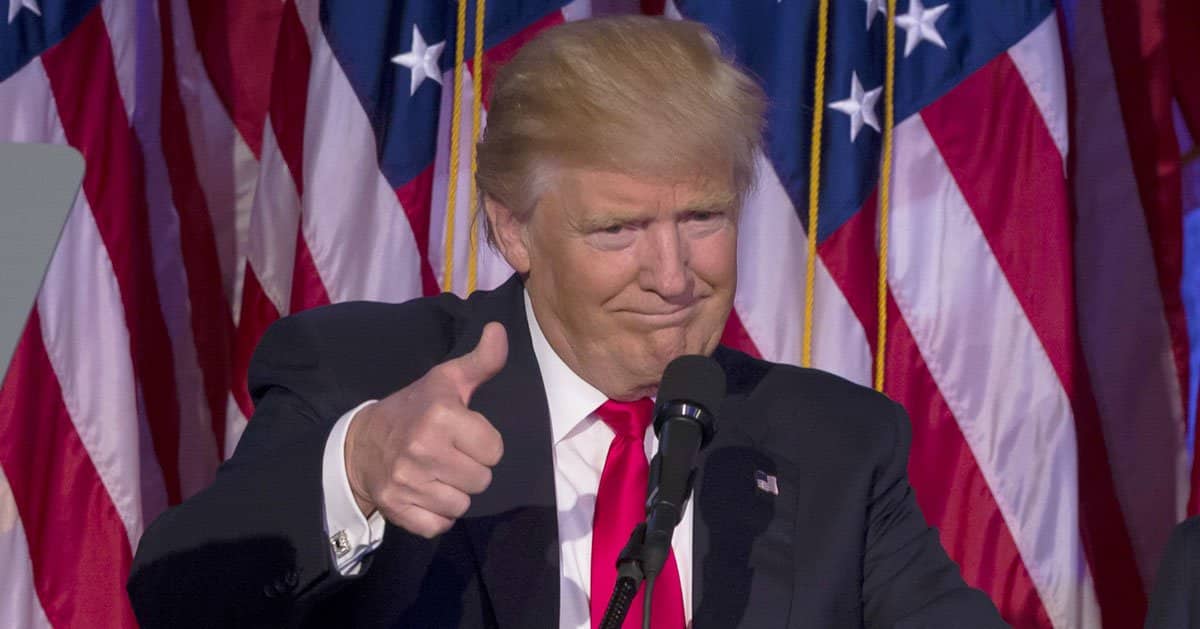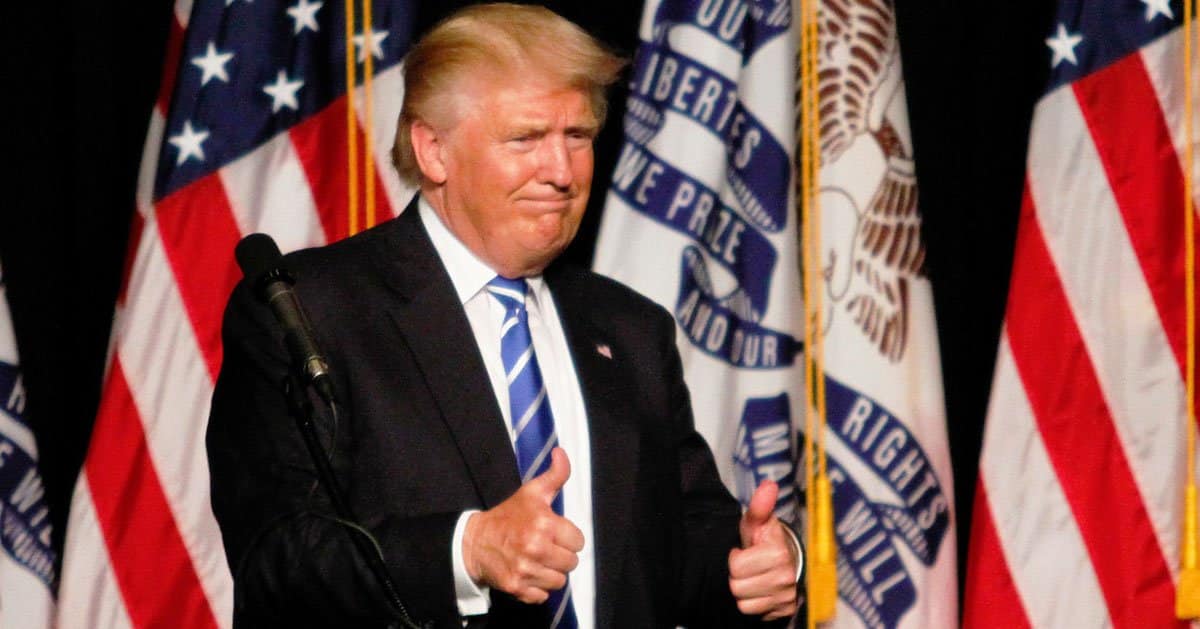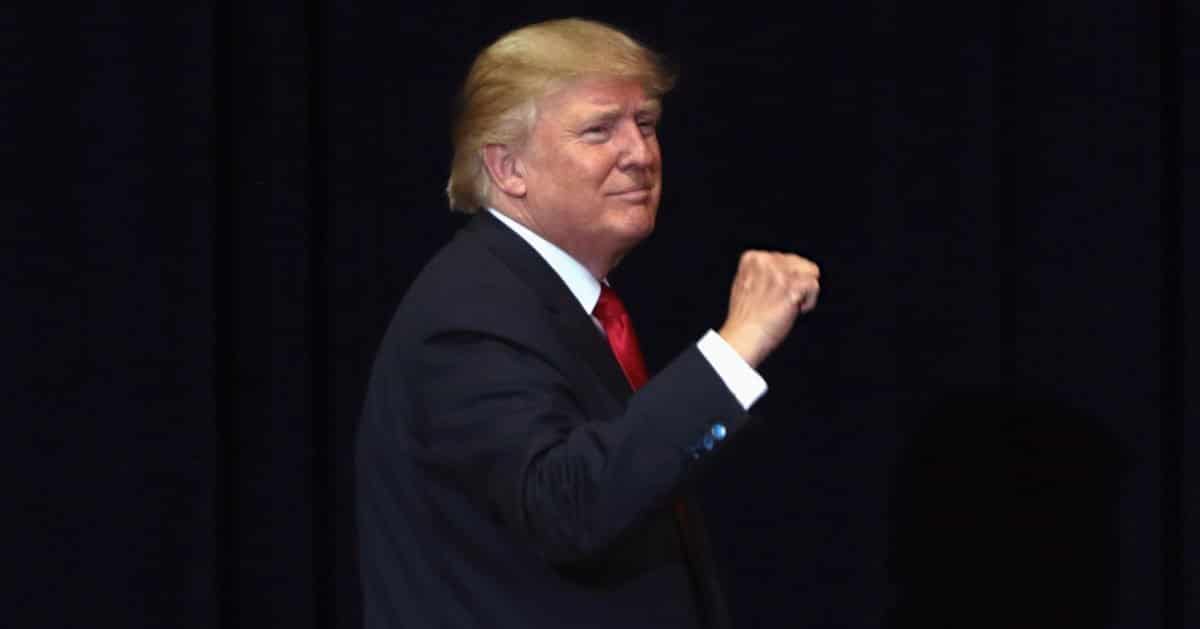








President Donald Trump just scored a major win at the Supreme Court, flexing his executive muscle to oust a Democratic FTC commissioner.
Breitbart reported that the decision, penned by Chief Justice John Roberts, strikes down a lower court’s attempt to keep Rebecca Kelly Slaughter in her post. It’s a bold move that shakes up the cozy world of independent agencies.
The Supreme Court’s order allows Trump to remove Slaughter, a Democratic FTC commissioner, while her legal challenge sputters. This ruling, which also saw Commissioner Alvaro Bedoya bow out of his own fight, signals the justices might back Trump’s broader push to control agencies when the final gavel falls.
Back in March, Trump swung the axe, dismissing both Slaughter and Bedoya from the FTC. Bedoya, appointed by Trump in 2018 and reappointed by Biden in 2024, dropped his case, but Slaughter dug in, taking her fight to federal court. The FTC’s website still lists her as serving, a digital ghost of a commissioner in limbo.
Slaughter’s legal team leaned on the FTC Act of 1914, which says commissioners can only be removed for inefficiency, neglect, or malfeasance—not political spats.
A district judge and the D.C. Circuit sided with her, citing the 1935 Humphrey’s Executor precedent that shields agencies from presidential whims. But the Supreme Court’s latest move suggests that the old ruling might be on shaky ground.
The Court didn’t settle the big question—can presidents fire FTC commissioners without cause? Roberts’s order only blocks the lower court’s reinstatement of Slaughter, keeping her out while the case crawls forward. Still, it’s a loud hint the justices might side with Trump when they tackle the constitutional core.
Trump’s lawyers argue the FTC’s removal restrictions handcuff the president’s Article II powers to run the executive branch. They’re not wrong—why should unelected bureaucrats dodge accountability to the White House? The Court’s recent rulings, like those gutting limits on the Consumer Financial Protection Bureau, show it’s warming to this view.
The FTC, designed to be bipartisan with five commissioners serving seven-year terms, is supposed to stay above the political fray.
No more than three members can hail from one party, a setup meant to keep things fair. But Trump’s push to replace commissioners suggests he’s done with that polite fiction.
Slaughter’s ousting isn’t just about one commissioner—it’s a test case for presidential power. The Supreme Court’s skepticism toward independent agency protections, seen in cases like Trump v. Wilcox, points to a broader shift. The justices seem ready to hand the White House more control over the sprawling federal bureaucracy.
In Trump v. Wilcox, the Court stayed orders blocking Trump from removing officials at the National Labor Relations Board and Merit Systems Protection Board. The reasoning? Those agencies wield serious executive power, so “for-cause” limits might not pass constitutional muster.
The FTC case could ripple to other agencies, like the Federal Reserve, where Trump’s removal of Governor Lisa Cook has sparked similar debates.
The Court’s Wilcox ruling noted the Fed’s unique, quasi-private structure, hinting it might get special treatment. Still, the parallels are hard to ignore.
Independent agencies were meant to shield policy from partisan ping-pong, but that insulation feels more like a straitjacket to some. Trump’s team argues these setups undermine the president’s duty to execute the law. The Court’s recent track record suggests it might agree, at least in part.
The FTC’s bipartisan design—staggered terms, party caps—was meant to foster stability, not entrench power.
Yet, Slaughter’s removal shows how quickly that balance can tip when a president pushes hard. It’s a wake-up call for those who thought agencies could operate in a vacuum.
The Supreme Court’s order doesn’t just affect Slaughter—it’s a shot across the bow for all independent agencies. If the justices uphold Trump’s authority to fire commissioners without cause, the balance of power could tilt sharply toward the White House. That’s a prospect that excites some and unnerves others.
For now, Slaughter’s status remains in limbo, her name lingering on the FTC’s website like a bureaucratic afterimage. The Court’s final ruling could redefine how much leash agencies get to operate independently. It’s a high-stakes game, and Trump’s betting on a strong hand.



